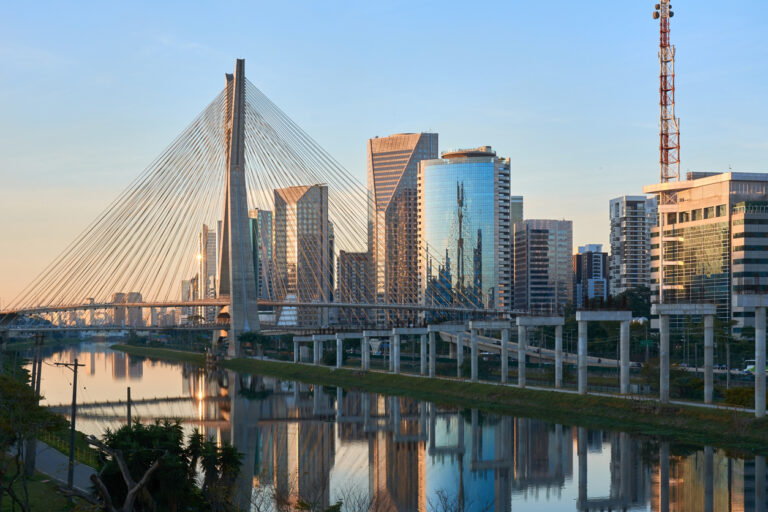The UN Convention on the Status of Refugees was adopted on 20 June 1951 in the wake of the displacement caused by the Second World War. As a result, 20 June is celebrated annually as World Refugee Day.
On that day in 2020, the UN High Commissioner for Refugees (UNHCR) reported that 1 per cent of humanity had experienced forcible displacement. In 2019, there were a total of 79.5 million forcibly displaced around the world, 45.7 million internally displaced people (IDPs), 20.4 million refugees and 4.2 million. During the seventy years from the signing of the UN convention, violence leading to displacement has repeatedly surfaced in different parts of the world.
Forced displacement is a transnational issue requiring global action. In principle, no other platform is be better suited to address this problem than the G20. However the G20 lacks a comprehensive strategy to deal with the multifaceted migration challenges.
The issue of refugees was first mentioned during Turkey’s G20 presidency at the 2015 Antalya summit. Since then, the importance of the issue has been repeatedly mentioned but no coherent strategy and policy framework have been developed. This is despite the fact that the issue of forced migration and IDPs is widely recognised as one of the foremost problems of our age.
This publication first appeared on the IAI site.
Author: Güven Sak
Photo by Eric Fischer via Flickr.
The views are those of the author and not necessarily those of ETTG.



